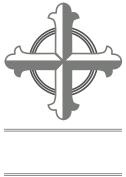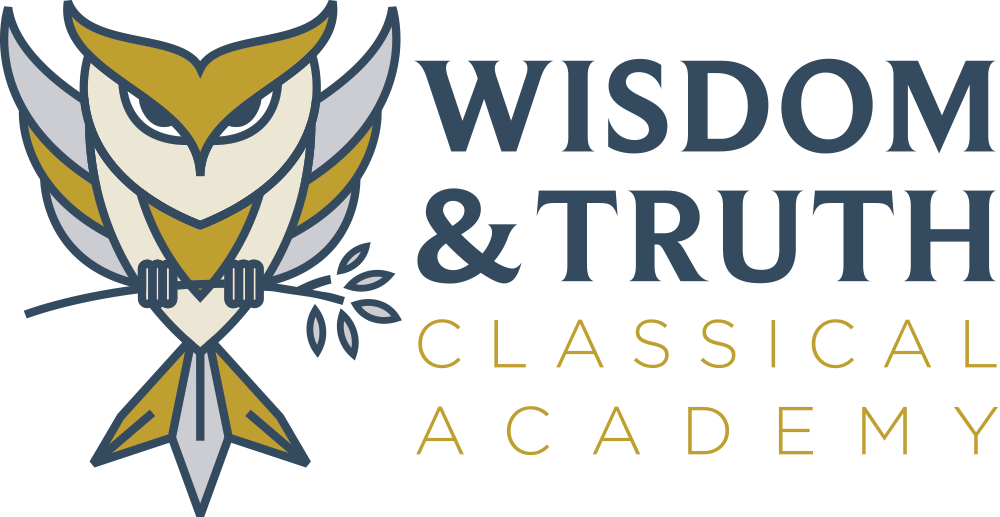Pedagogy
Finally brethren, whatsoever things are true, whatsoever things are just, whatsoever things are pure, whatsoever things are lovely, whatsoever things are of good report; if there be any virtue, and if there be anything worthy of praise, think on these things. Philippians 4:8
What is a Pedagogy?
Any modern dictionary will give you a modern definition of this word which is the method of teaching which is practiced in the classroom. However, looking at the Greek origin of the word we see a much more intimate idea. The paidagogos was the person tasked with accompanying a boy on his way to school. His task was to guide him on the right path (pes, pedis Latin for foot; think pedal or pedestrian) and to oversee his development. This gives us a wonderful picture of the teacher in the classroom; the guide in the classroom whose task is to lead and oversee the students as they come face-to-face with truth or Reality. So, the pedagogy is both the path being trod by the class as well as the teacher’s guiding of the students along that path.
Classical & Christian Education
At WTCA our overarching pedagogy is the use of the Seven Liberal (Liberating) Arts to instill wisdom and virtue in our students as they explore, attend, remember, and internalize the truths of the world around them. This has from time immemorial, until the advent of Progressive education, been called simply ‘education.’ Today, we refer to this as classical education, or more rightly a classical, Christian education. The goal being to cultivate wisdom and virtue in our students, nourishing their souls on Truth, Goodness, and Beauty, using the Seven Liberal Arts so that they are better able to know Christ and enjoy Him forever.
The true “Humanities”: The Trivium and the Quadrivium
Here we return to the ‘pathway’ down which we stroll from day to day. These arts make up what are historically known as the “Humanities,” allowing us to enter into the contemplation of those things which are considered to be universally true, good, and beautiful, forming us to operate at peak potential as a human doing what humans only can do; using words and numbers.
The Trivium (or 3 paths) are the three Verbal Arts of Grammar, Logic, and Rhetoric. Walking these three paths trains us in harmonizing ourselves to the reality of the world in which God has placed us. Grammar allows us to bring harmony to our own thoughts. Logic allows the harmonization of arguments or sustained thought. Rhetoric allows us to bring those well-thought arguments in order to harmonize our community as we discuss the necessities of life together in community.
The Quadrivium (or 4 paths) are the Mathematical Arts of Arithmetic, Geometry, Music (Harmony), and Astronomy. The path of the Mathematical Arts give us a picture of the nature of the reality of the Creation around us. We learn to ‘play’ with pure numbers in Arithmetic in order to bring harmony to an equation; Geometry trains our senses in the numerical values, or harmony, in a shape and the relationships among them. The structure of music itself is harmony in time, the vibrations of numbers around us that helps orient our hearts and souls to what is beautiful. Astronomy attenuates us to the ‘harmony of the spheres’ or the movement of number in time and in space.
Address
7702 SW Regional Airport Blvd
Bentonville, AR 72713
Phone
(479) 352-9868
lharris@wisdomatca.org




